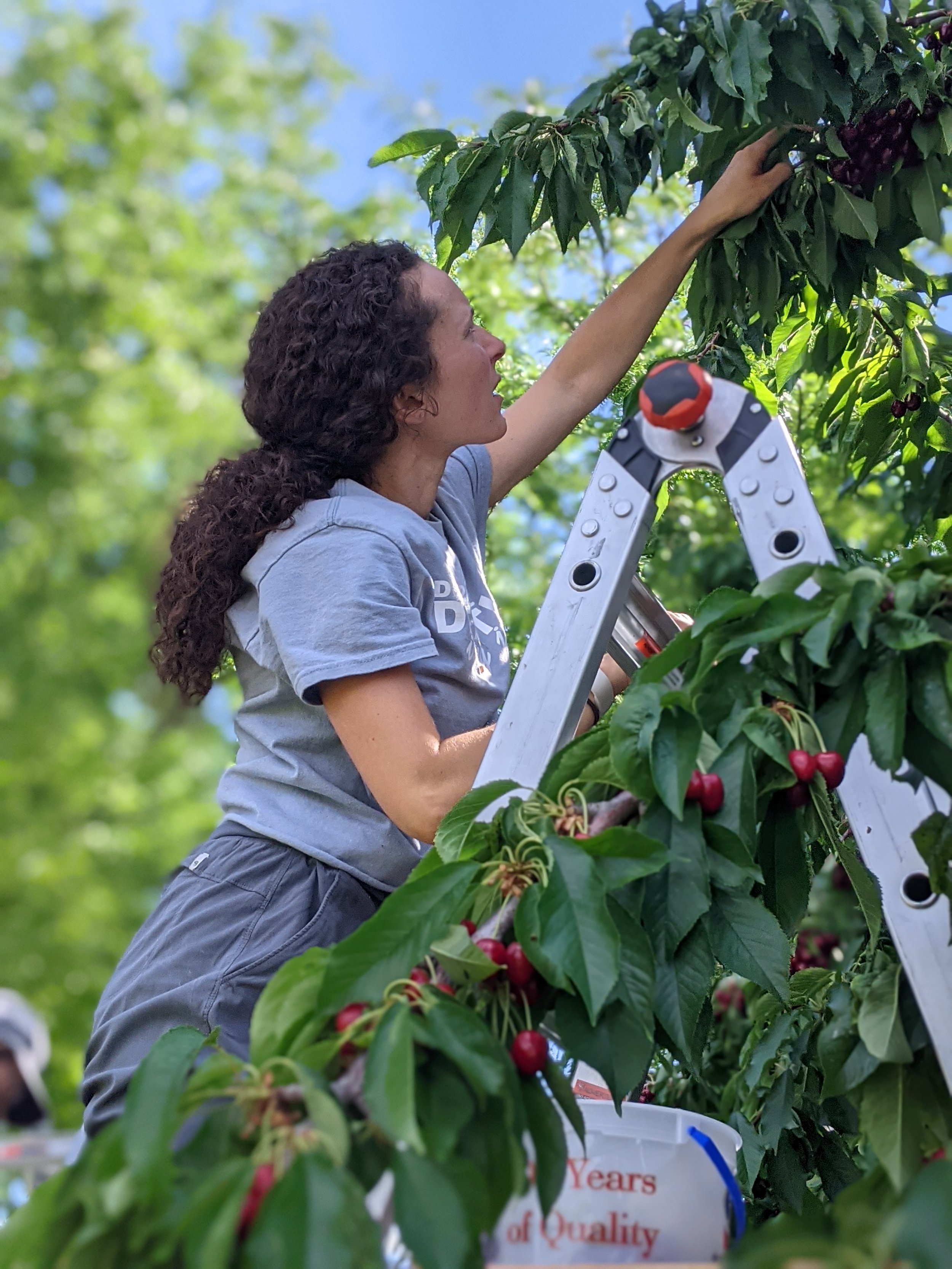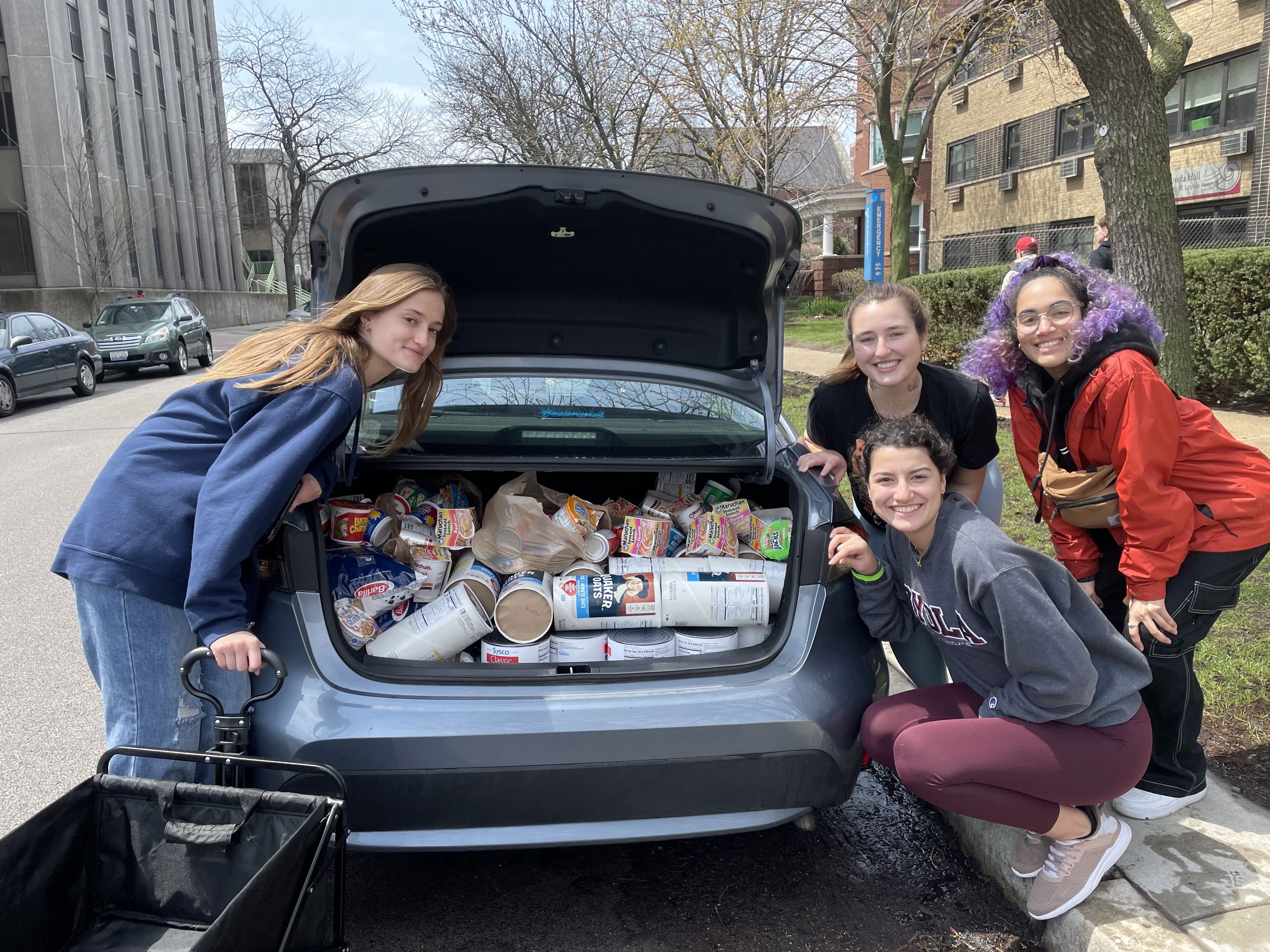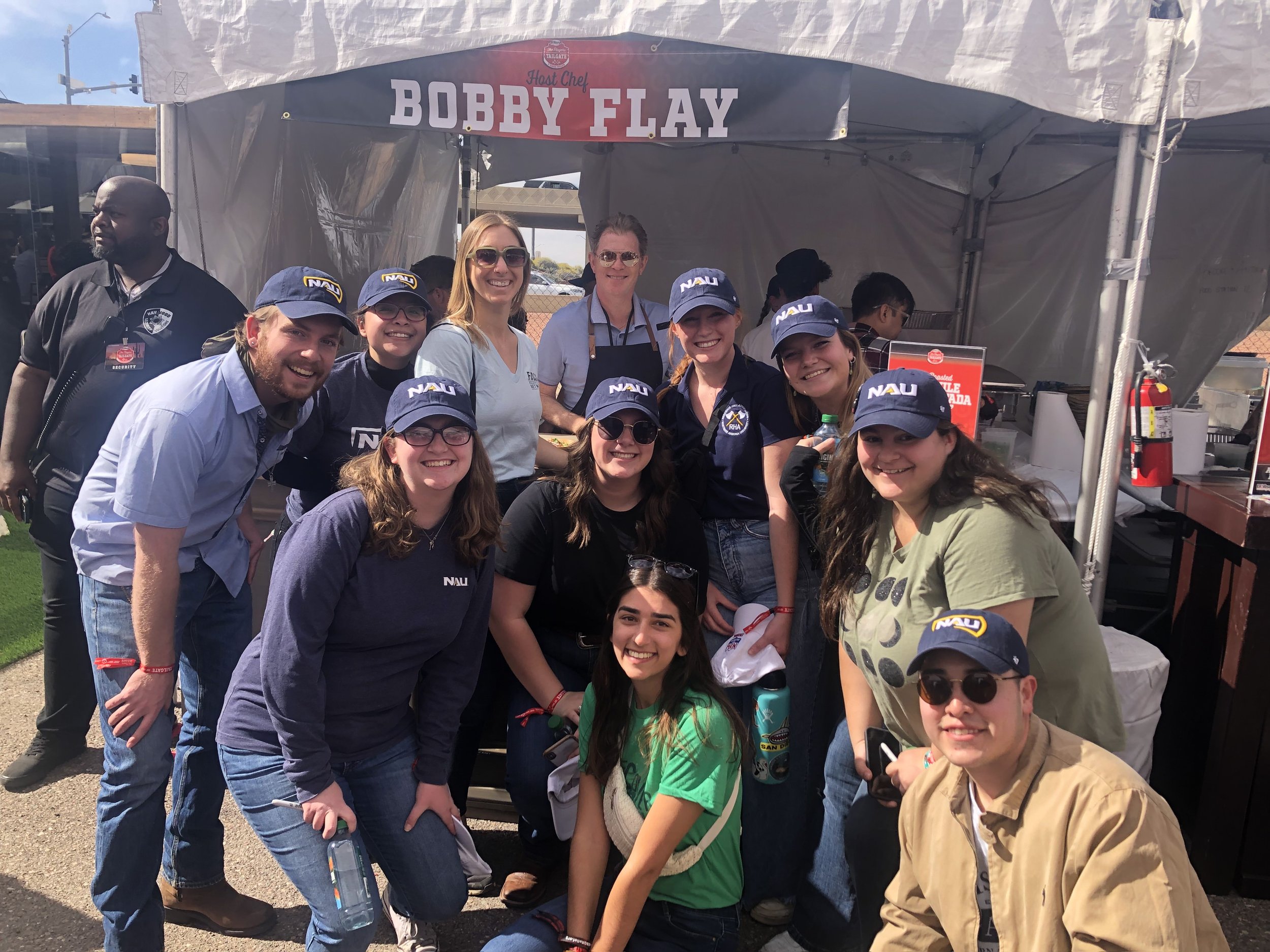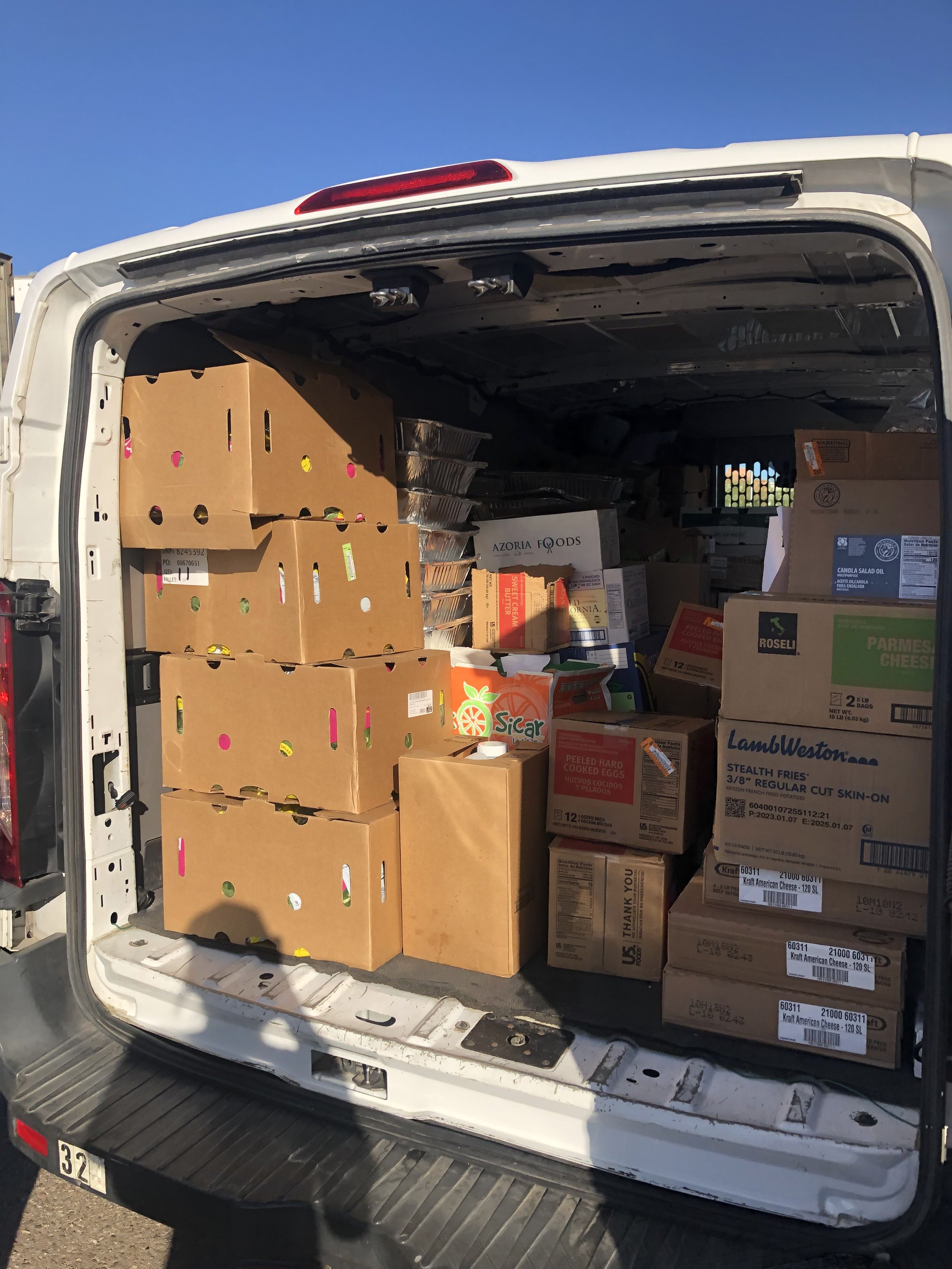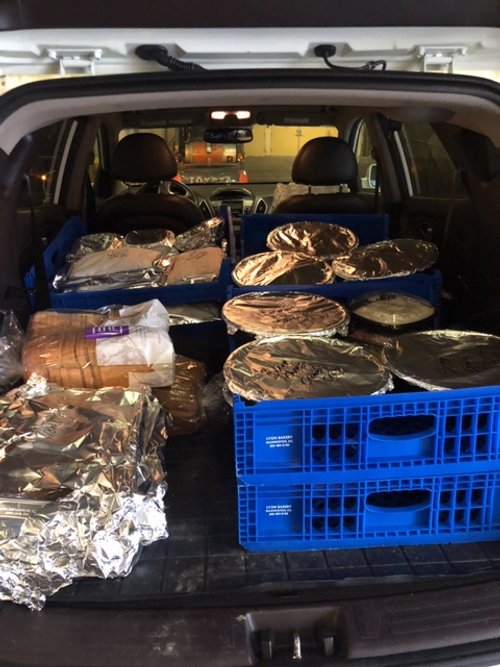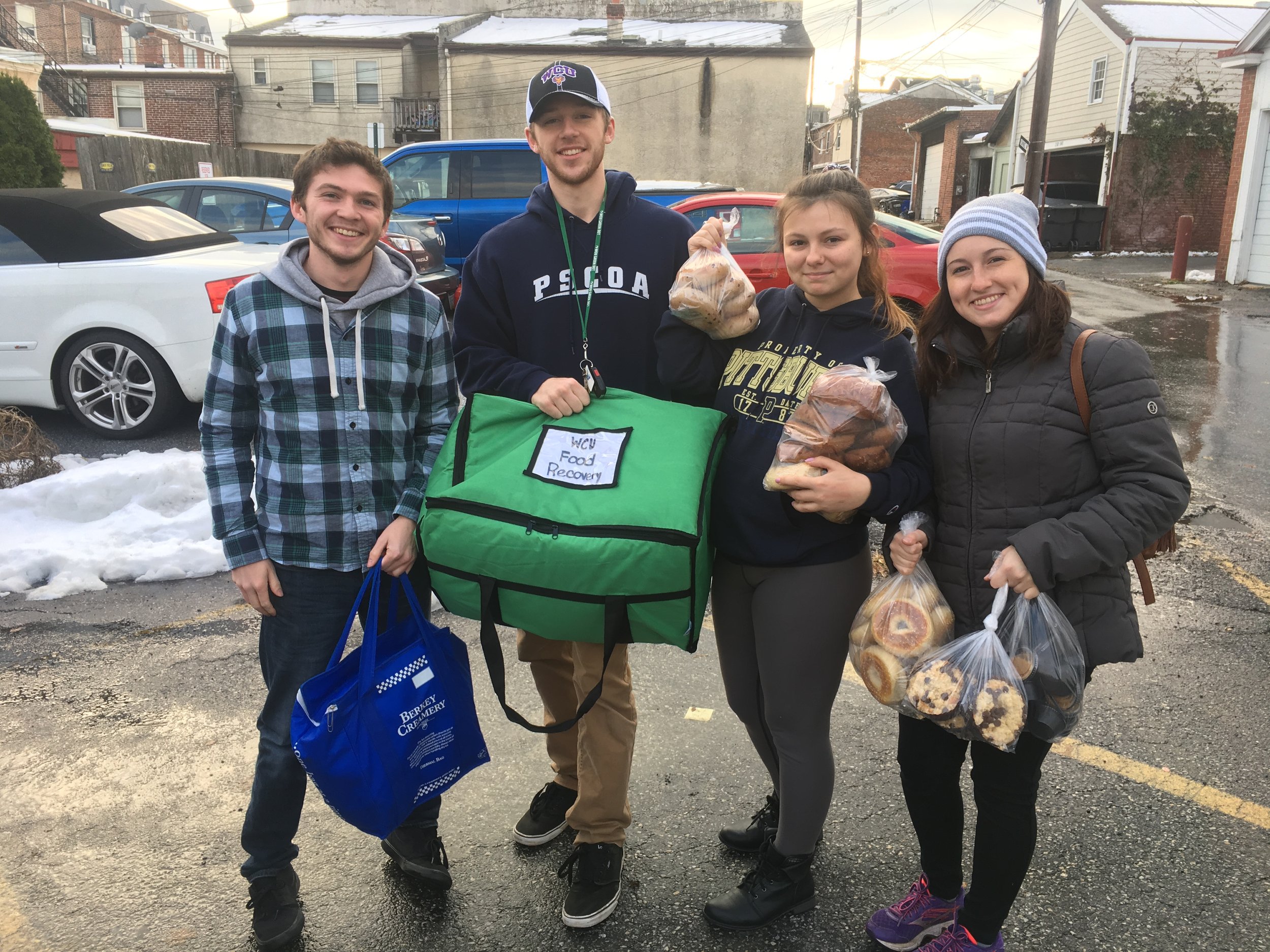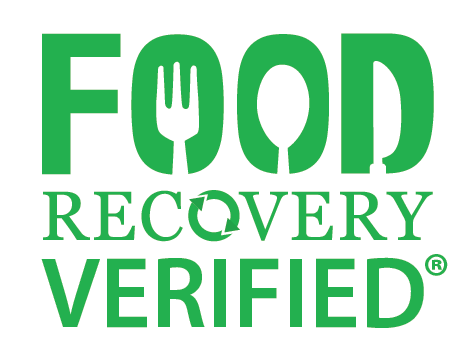The 2022-2023 Food Recovery Network program year has been saturated with deep learning that has developed into meaningful community impact and a significant next iteration of our mapping work. These combined will allow us to focus ever clearer on our vision to recover surplus food to feed everyone who is hungry in the U.S.
I invite you to listen to the recording of the March 2023 Roundtable Talk because it offers several ways to connect to the work of Food Recovery Network, whether you are deeply familiar with FRN or if you’ve just now discovered us. Below I offer an overview of the progress FRN has made on our four key impact goals for the program year: recover 2 million pounds of food; recruit 20-30 new student chapters; expand our organizational impact metrics including the maps, financial support back into the community, and volunteer hours committed; and create deeper connections with our students and stakeholders. Additionally, it’s important that overlaid, underlaid, and interwoven into the success of our current program year are critical learnings that shape how we show up, how we support our students, and how we authentically work with communities in locations where we don’t live.
Goal 1: Recover 2 million pounds of food resulting in 1.6 million meals donated to individuals experiencing hunger and 880 metric tons of CO2 emissions prevented
Result: Since July 2022, FRN has recovered 1,273,987 pounds of surplus food from farms, campuses, and other food businesses, the equivalent of 1,061,656 meals donated and 561.06 metric tons of CO2 emissions prevented.
👏 Through a global pandemic that rocked us all, our students have remained steadfast and committed. They’ve always been, in my own words, “cool people,” and the pandemic didn’t alter that one bit. 88% of our FRN chapters are engaging in food recovery on their campuses and/or in their communities. This activity level is up from 79% last year. Along with food recovery, our student chapters also activate through advocacy work and community engagement initiatives, with nearly half (46%) of our chapters engaging in more than one way within their communities. We will continue to update our Advocacy page on our website to keep everyone updated between Roundtable Talks on our advocacy work. Be sure to also follow us on social media to see our incredible chapters in action in their communities across the U.S.
Goal 2: Expand organizational impact metrics, including further refinement of our maps, resources back into the community, financial support, and volunteer hours.
Result: Between July - December 2022, our FRN student chapters volunteered 7,464 hours, the equivalent value of $223,546.80 per Independent Sector’s Value of Volunteer Time.
🍏 The last 18 months of pilot programming in Atlanta, GA and Irvine, CA helped deepen and refine our understanding of the best ways FRN can feed more people faster, and offered new opportunities to engage our students, with the deeper engagement of student leaders being one of our four programmatic goals. The pilots also allowed us to further another goal of expanding our organizational metrics. Or, to say it another way, we wanted to understand the impact of our work in a community beyond pounds of food recovered and the equivalent meals donated and CO2 diverted. We understood that our being in communities made them better, but what could we say about why or how? Our time in Atlanta and Irvine allowed us to collect and analyze data on additional metrics that deepen our understanding of the true impact of this work. For example, one new metric is how much financial support is being put back into the communities where we work. Direct financial support in a community means a stronger community. And by tracking our time in the community, we can talk about the value of the work.
✨ We also became very aware that honoring our commitment to support communities in the ways that they would like means that the work unfurls much slower than even our most conservative of estimates given factors that are unique to that area, such as growing seasons, or understanding cultural norms that may act as barriers to feeding more people faster, as we discovered in Irvine. Spoiler: we were able to identify the would-be cultural barrier, work within that reality, and develop a community-based solution that allowed for the increased flow of food access.
🗺️ Further refinement of our mapping work meant talking to a lot of data scientists, academic supporters, and other thought partners. It is because of this painstaking work that FRN believes that when we take into consideration the economic security of the people within the U.S., we must look at a living wage (and when we say a living wage, what we mean is wages that allow us to pay for our housing, transportation, food, clothing, child and medical care for ourselves and our dependents, that is a living wage). When we consider MIT’s Living Wage Calculator, we understand that 3,073 out of 3,141 counties in the U.S. do not earn a living wage to be able to consistently afford food, housing, and other basic needs. This is a staggering number, and when faced with this reality we steadied ourselves with the belief that, as James Baldwin reminds us, “not everything that is faced can be changed, but nothing can be changed until it is faced.” Within the FRN network, we intend to continue producing impact that is our unique contribution to ensuring the economic security of the 34 million people who are food insecure right now.
Goal 3: Recruit 20-30 new FRN student-led chapters, 50% of those being in FRN’s 10 target states with the highest rates of food insecurity and food waste.
WELCOME to our 17 new chapters! 5 of these new chapters are within our original 10 target states. Together, FRN currently has 193 student-led chapters across the US!
We still have so much more we can do together for the rest of the 2023 program year and beyond. Here are a few things to keep in mind, ways you can be involved, and importantly, ways you can ask others to join you too.
🎓 The Student Loan Forgiveness Plan was introduced by the Biden-Harris Administration. Food Recovery Network supports this Plan and will work with national partners to promote the need for this Plan to be implemented because it is directly related to the economic security of everyone we serve.
🥕 We will continue our educational campaign to support anyone who is hesitant about starting a food recovery program at their business or for their conferences or events. The passage of the Food Donation Improvement Act is intended to increase access to food for the 34 million people who are food insecure. We will leverage this federal law to encourage more people to do the right thing with their surplus food.
Goal 4: Create deeper connections with student leaders and stakeholders by convening through Student Town Halls, gleaning initiatives, community college outreach, and food recovery work.
Result: We’ve continued to engage students and stakeholders through both virtual and in person opportunities such as large-scale food recovery events, virtual advocacy interviews, and conversations on equity.
💰 Volunteering is a time commitment that not all students can take on. FRN understands the challenges our students confront each and every day. That is why we fight for the minimum wage to increase to $15 an hour—at least $15. This would also increase the baseline federal work study pay offered to students. FRN will also continue to hire and pay a living wage to our student leaders to participate in projects above and beyond their chapter volunteer efforts.
🍎 As I mentioned earlier, our work in Atlanta and Irvine has taught us how to best support communities the way they want us to. We’ve replicated our gleaning initiatives in Irvine, CA and have hosted 6 events with local stakeholders that resulted in 13,000 pounds of fresh produce gleaned and donated back to the community. We’ll be back in Irvine in early April for another gleaning event!
🎉 After 18 months of learning through piloting in Atlanta, for the first time we’ve piloted a program that the Atlanta community has resoundingly told us they would like to continue! Last fall, we hosted 5 free fresh food pop-up markets at a local elementary school where children and families could pick the produce they would like. All of the produce was gorgeous, fresh, and free. On average, we served about 115 families 20 pounds of food per week. After just 5 weeks there, we had a waitlist of three additional schools who wanted us to host markets at their locations! Starting in April, FRN staff, student leaders and volunteers will be back in Atlanta hosting free pop up markets at local elementary schools.
🏈 February saw our biggest one-time recovery of this program year at the Bullseye Event Group Players Tailgate before the Super Bowl. This was the third time FRN was able to support this event. With student volunteers from the Northern Arizona University FRN chapter, we recovered 2,907 pounds of surplus food, the equivalent of 2,423 meals donated to the local community and $7,317 of resources put back into the community.
THANK YOU to everyone who listened in during our Roundtable Talk and asked wonderful questions. We saw a lot of new people attend this Talk and look forward to getting to know all of you. Please stay in touch between now and our fall Roundtable Talk. We need your ideas, considerations and questions to continue to feed more people, faster.
Additional ways to support our work:
💸 Donate to FRN to sustain our movement and help us fight food waste and feed people → your support means we can feed more people faster.
💌 Sign up for our newsletter to get regular updates on FRN happenings.
✏️ Sign up for a Power Hour virtual volunteering opportunity. These are wildly fun and a great way to support our work.
📢 Tell a “FRNd” → Do you know,or are you a college student? A food business professional? Encourage…yourself…them to join a chapter or start a food recovery program!








